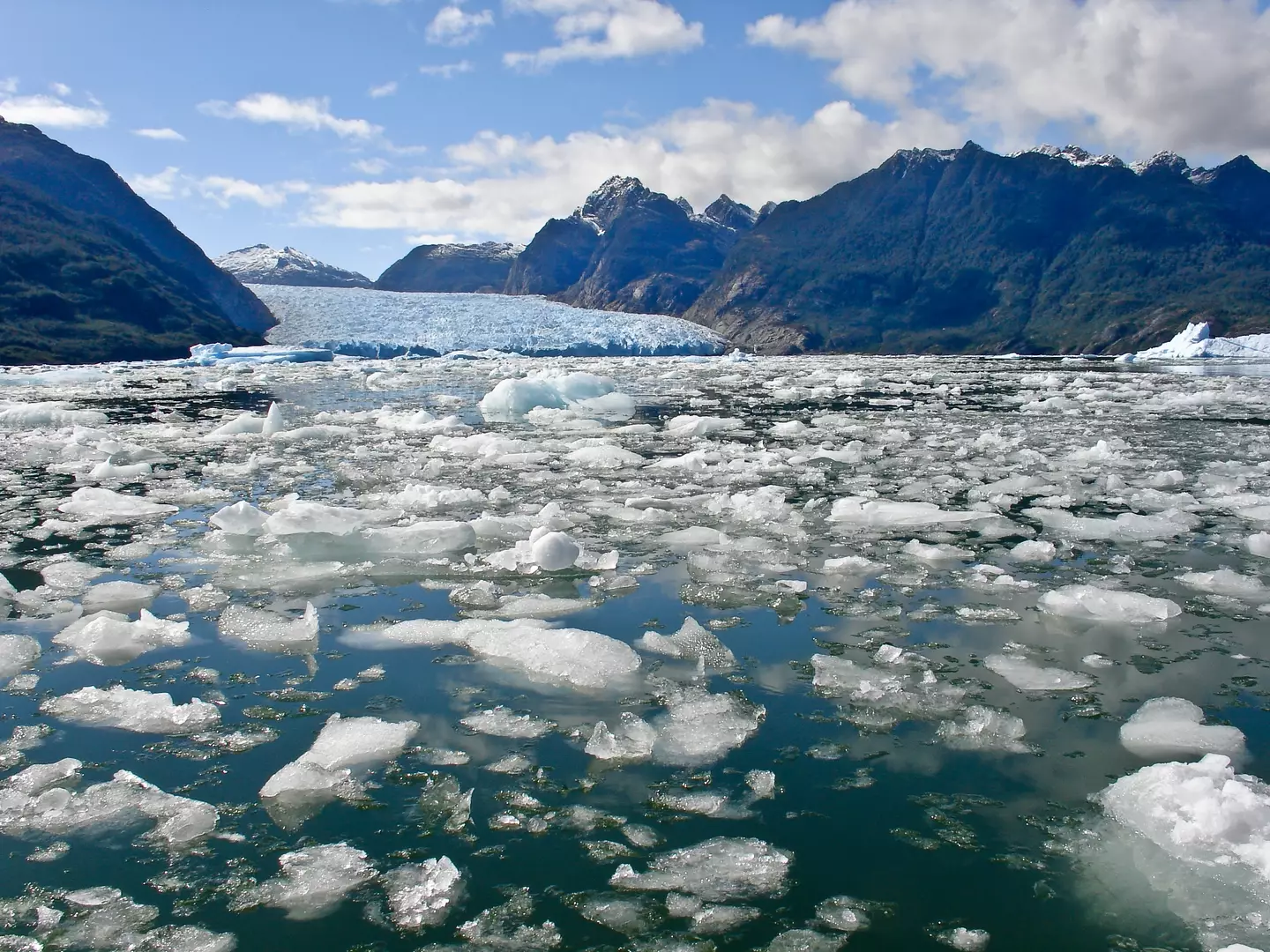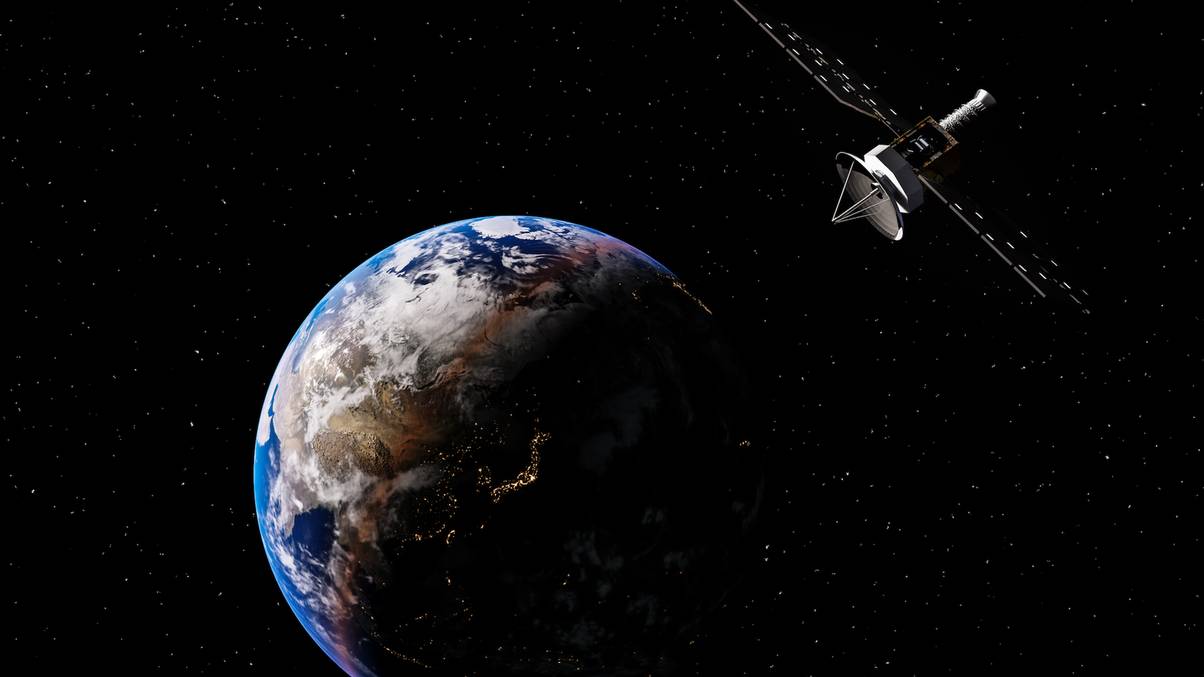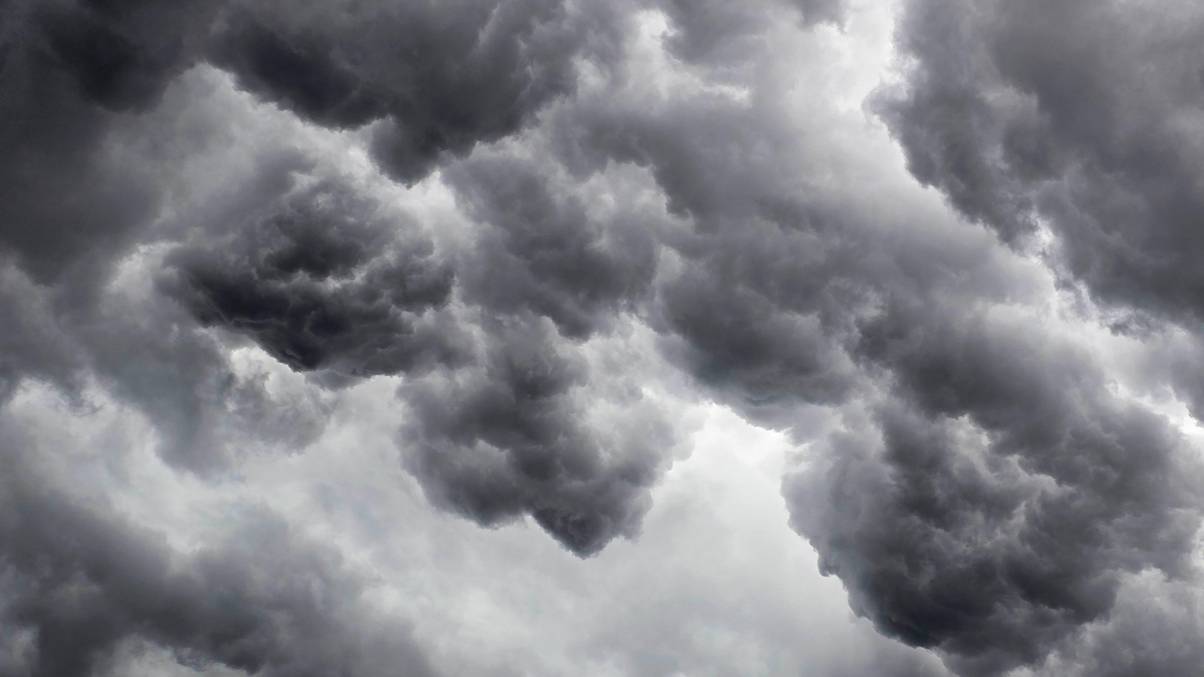NASA Uncovers Alarming Trend: Earth’s Vanishing Light Could Threaten Our Future
So, it turns out our dear old planet Earth is slowly dimming like a bad light bulb, and NASA’s been tracking this cosmic flicker for the last 24 years. Imagine the Earth having an energy budget—yeah, like it’s swiping a credit card for sunlight, then trying to pay it back by bouncing light into space. But now, NASA’s fancy equipment called CERES is showing us that Earth’s paycheck to space is shrinking; we’re reflecting less light and getting darker. Intriguingly, there’s also a growing rift between the Northern and Southern Hemispheres—think of it as a planetary sibling rivalry over who’s reflecting more light. What’s cooking this shadowy change, and why should we care? Spoiler alert: it’s mostly climate change, melting ice caps, and even our cleaner air playing a trick on the clouds. So, what does it mean when Earth starts turning down the lights on itself? Time to find out before we all have to invest in night-vision goggles for daily life.
NASA has revealed that Earth is getting darker – here is why this is happening and what it means for humanity.
For the past 24 years, researchers at NASA have been monitoring our planet’s radiation budget. Also known as the Earth’s energy budget, this is a delicate balance of sunlight absorbed by the Earth and light emitted back into space.
Recent findings analysed by NASA’s Clouds and the Earth’s Radiant Energy System (CERES) have revealed that our planet is reflecting less energy into space.
Put simply, the Earth is getting darker.
This isn’t the only finding, either, as researchers also noted a widening gap between the amount of light reflected from the Northern and Southern Hemispheres, according to a new study.
But what does this all mean?

A new study has revealed that planet Earth is getting darker (Getty Stock Images)
Why is the Earth getting darker?
The research, led by NASA’s Norman Loeb from the Langley Research Center in Virginia, concluded that the imbalance in our planet’s radiation budget and the widening gap between the Northern and Southern Hemispheres are likely due to climate change.
“The emerging darkening of the NH relative to the SH is associated with changes in hemispheric differences in aerosol–radiation interactions, surface albedo, and water vapour changes,” the researchers write. “How clouds respond to this hemispheric imbalance has important implications for future climate.”
Now, you may be wondering what rising temperatures would have to do with the amount of energy emitted from Earth. Well, this is because increasing temperatures are melting the Arctic’s once-reflective ice caps.
Known as ‘surface albedo’, ice and snow are useful in reflecting light outwards – hence why sunglasses are useful when it snows – whereas oceans and rocks will absorb more of the light.
More surprisingly, a decrease in pollution may have also contributed to the imbalance, as our cleaner habits have created fewer low-lying (and reflective) clouds.

Melting ice caps and, more strangely, a decrease in pollution are thought to have contributed (Getty Stock Images)
However, this isn’t a green light to reopen the factories of the industrial revolution and buy a fleet of gas-guzzling cars.
The difference between the Northern and Southern Hemispheres isn’t increasing by much, 0.34 watts per square metre each decade, but it’s enough for researchers to take note.
What could this mean for humanity?
Now we have a vague idea of why the planet is heating, the next question is simple: what does this mean for us?
And as you’ve likely already guessed, the Earth cooking itself from the inside isn’t great news. An unequal energy budget could lead to the destabilisation of global temperatures, with the Northern Hemisphere heating more quickly than the Southern Hemisphere.




















Post Comment